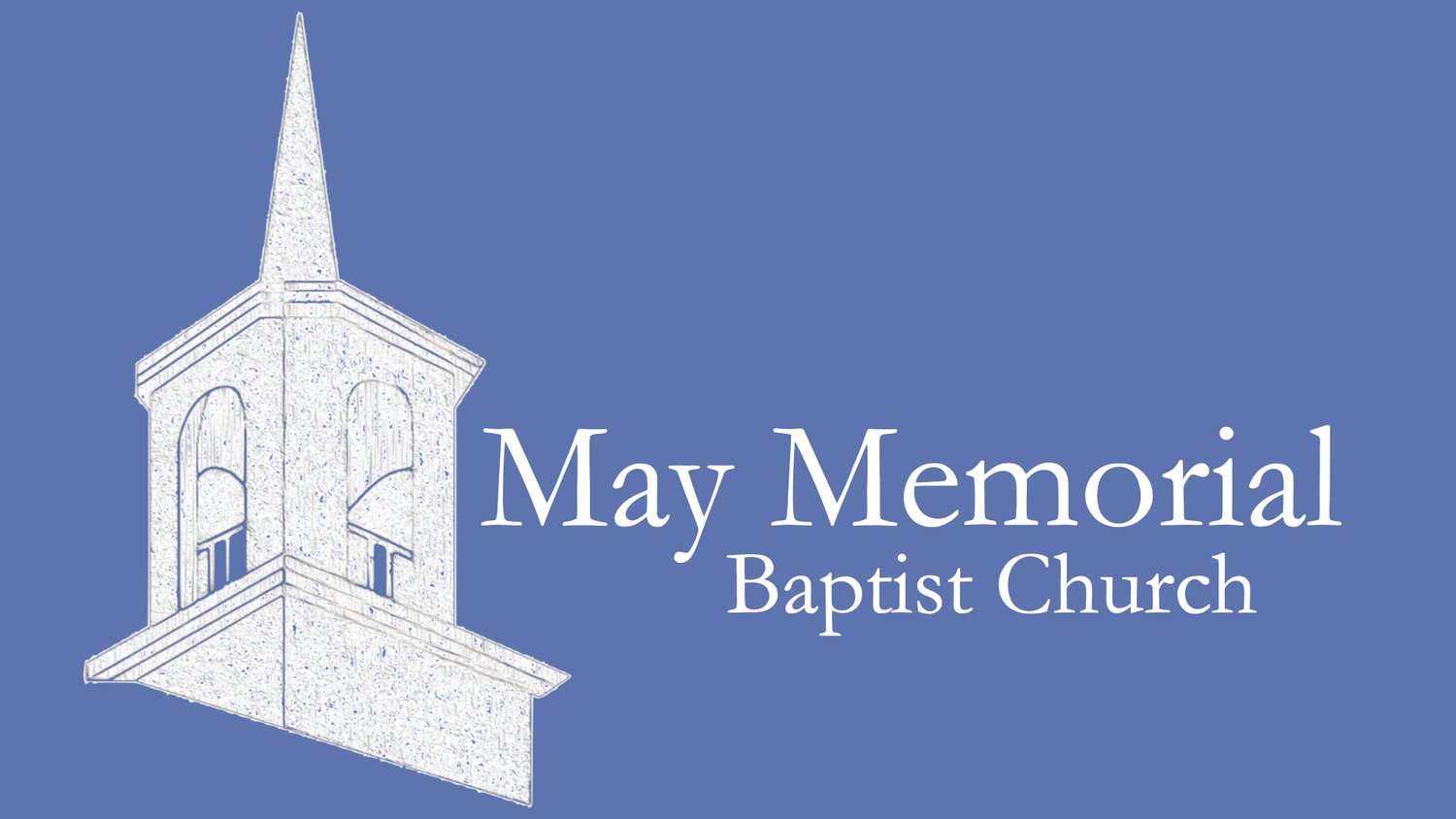The Church has Left the Building
The Church Has Left the Building. That was the name of the Zoom webinar I attended last week. It was led by the Center for Healthy Churches, and it is one of many training opportunities for pastors in the time of COVID 19. Last week’s training, as indicated by the title, reminded and discussed how to be the church outside of a building. Because the church is not a building, it is the people, and we can be the church without a building. It may be unfortunate that we have gotten so attached to buildings and property, because so much about being the church has nothing to do with buildings. In the book I Refuse to Lead a Dying Church the author insists that on a balance sheet for a church, property and buildings should be listed as a liability, not an asset.
All of this is true, and it has been a major theme in denominations and pastor’s minds over the past seven weeks. I agree, and maybe this time is a reminder to us that we are not a building. But as the pastor of May Memorial Baptist Church, I want to offer a caveat to this idea of the un-importance of buildings.
Several years ago I asked a person in our church family to give a testimony in worship. She agreed, and she did a wonderful job. She told about how God had spoken to her, called her, claimed her, and how she responded and gave her life to follow Jesus. She stood in the pulpit to give this testimony to our church family. It was a wonderful sermon, and I’ll never forget one particular line she said. She pointed with the index finger on her left hand, and she said, “and it happened right there.” She pointed to the floor, directly beside May Memorial’s organ console. That was the location where she had encountered God in such a powerful way.
In the Hebrew Scriptures, the stories of God’s Jewish people, we see over and over where individuals encounter the LORD, and they build a monument, a pile of stones, an altar. Jacob at Bethel. At the crossing of the Jordan. Samuel setting up an “Ebenezer” stone to remind them of God’s faithfulness. I think about all the encounters with God, all the important events in our lives, that happen in our sanctuary. It is appropriate for us to have a place, a sanctuary, where we freely open our lives in worship and to hear God speak to us.
We can and should do this everywhere. The whole earth is God’s place. We all know that. But our sanctuary is a “set-aside-place,” and it is holy, and important, and right now, missed. At May Memorial we do not worship in an auditorium. It is not just another room. Because God has been meeting with us and our forefathers and foremothers in this space, our sanctuary, for over a century.
If you would like to spend time in prayer in the May Memorial sanctuary please know that you are welcome to do that. The executive order from Governor Northam allows for individuals to drive to their place of worship so long as it is not a gathering of more than ten people. Others have already stopped by and spent a few minutes in the sanctuary, and you are welcome to do so as well.
Jacob, at Bethel, poured oil on the stone he had used for a pillow, and he proclaimed, “the LORD is in this place and I didn’t even know it.” The LORD is everywhere in this great big beautiful world, and, unlike Jacob, we do know that it is in “this” place.
